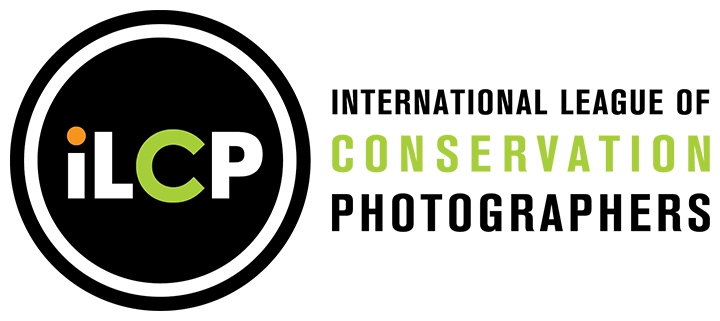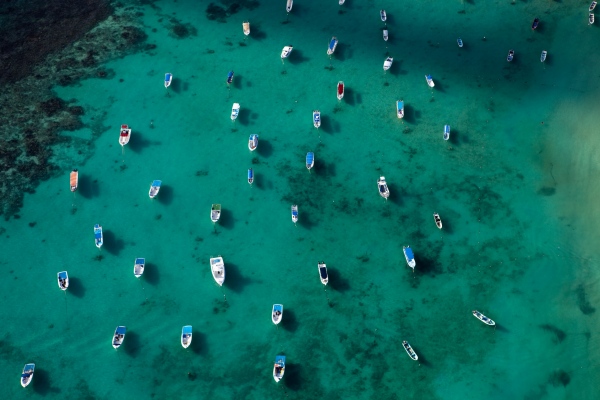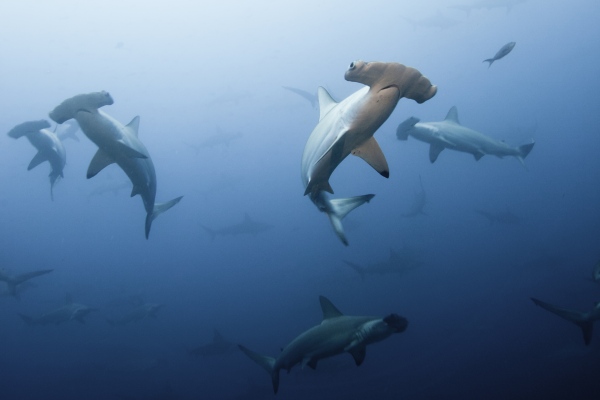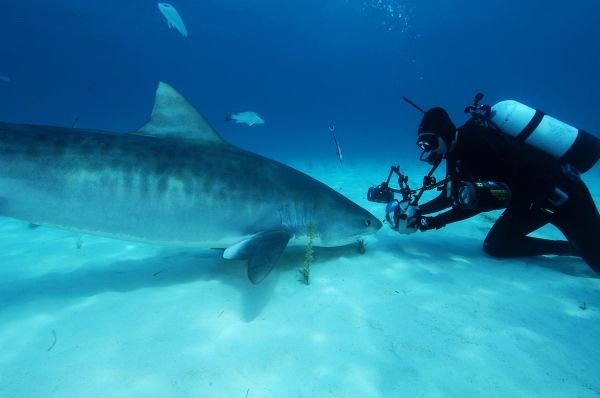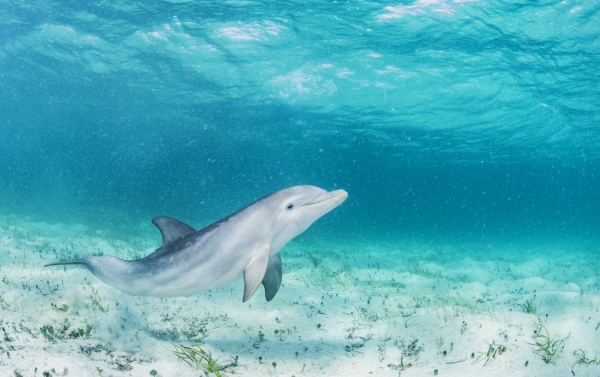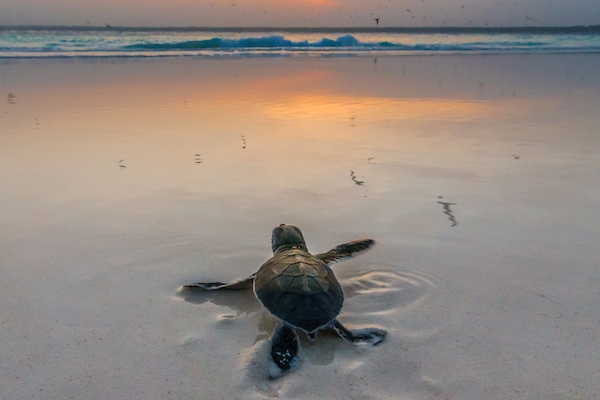
Tanzania
In Tanzania, we plan to focus on Pemba Channel Conservation Area (PECCA). The objective of this initiative is to strengthen management of community fishing grounds and enforce seasonal closures to combat illegal fishing and allow coastal resources to recover.
The Pemba Channel Conservation Area (PECCA) is one of the largest marine protected areas (MPA) off the coast of East Africa, boasting some of the region’s deepest coral reefs, high levels of biodiversity, and home to IUCN red-listed species, including four species of sea turtles, Indian Ocean humpback dolphins, humphead wrasse, bumphead parrotfish, and blacktip reef sharks. PECCA also serves as a nesting site for the critically-endangered hawksbill and endangered green sea turtles.
This area holds immense cultural and economic importance for thousands who depend on healthy fisheries and coastal tourism for survival, including 400,000 people living on Pemba Island and 18,000 fishers that depend on fishing as their livelihood. Unfortunately, rampant illegal fishing seriously threatens the health of fish populations, species of commercial importance and other endangered marine wildlife.
While the size of PECCA is one of the greatest assets it also makes it difficult for Pemba’s fishery officers and Shehia Fisher Committees (SFCs) to protect given their limited resources. Most illegal activities in PECCA either go undetected due to the lack of presence of law enforcement officers or simply because local laws are not enforced. When WildAid Marine partnered with local organizations in 2019, the local Mkoani Fisheries Department and the SFC rangers had no boats and could only patrol the coast on foot. They could view threats to their marine life taking place but were unable to respond. Achieving effective marine surveillance and management is essential not only for the survival of marine wildlife but also for the artisanal fishing sector in Pemba.
